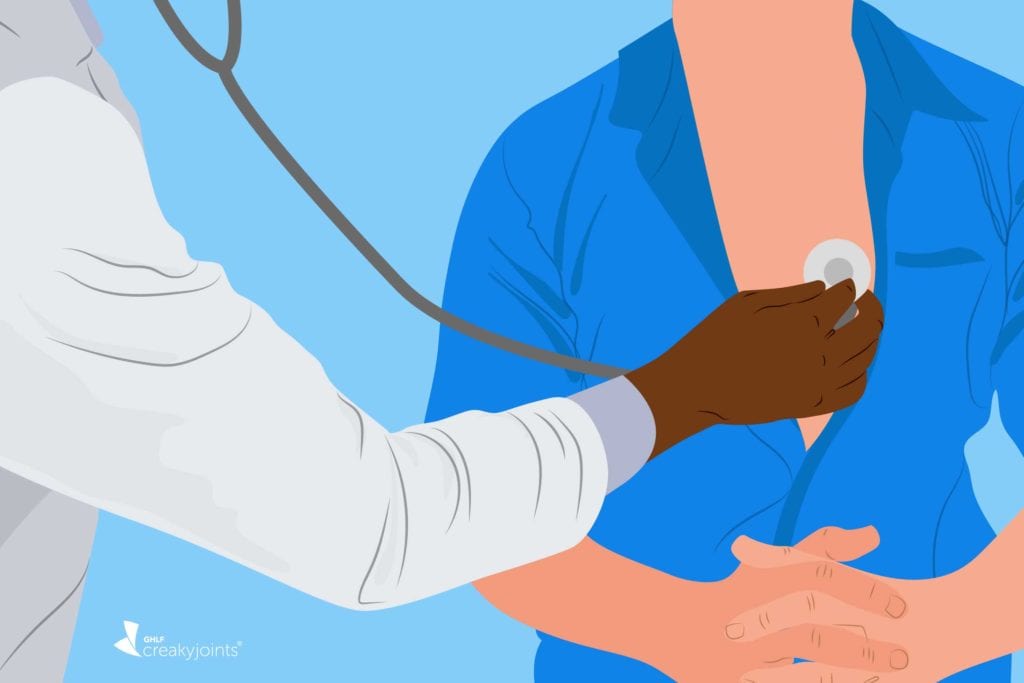Primary Care Provider: Your Relied On Resource for Healthcare
Primary Care Provider: Your Relied On Resource for Healthcare
Blog Article
Comprehending the Necessary Function of Medical Care in Comprehensive Health Monitoring and Condition Avoidance Techniques
The essential role of key treatment in extensive health monitoring and condition prevention strategies can not be overemphasized, as it offers as the foundation for effective medical care shipment. By prioritizing preventative care and fostering long-lasting patient-provider relationships, health care specialists are uniquely placed to address specific health and wellness needs while likewise influencing wider community wellness results. The complexities and difficulties encountered in the implementation of these methods elevate vital inquiries about exactly how ideal to optimize primary treatment's performance. What innovative techniques might boost its influence on both private and public health and wellness?
Meaning of Health Care
Although the idea of medical care may vary across different healthcare systems, it basically describes the initial factor of get in touch with for individuals within the health care continuum. Main care encompasses a broad variety of services, consisting of preventative treatment, diagnosis, treatment, and management of persistent problems. It is defined by its extensive, available, and coordinated approach, ensuring people get alternative care tailored to their private needs.
Primary treatment providers, often family doctor, internists, or pediatricians, play an essential role in developing continuous patient-provider relationships. This connection of care fosters trust fund and assists in better wellness results through normal tracking and customized interventions. The emphasis on a patient-centered technique enables the factor to consider of social, economic, and psychological elements that affect health and wellness.
Furthermore, key care works as a vital part in navigating the medical care system, directing people through specialized solutions when necessary. By functioning as a central center for wellness administration, key care not just addresses prompt medical concerns however also stresses the importance of general health and safety nets. Thus, its meaning expands beyond simple therapy to encompass an extensive structure for wellness promotion and illness avoidance.
Benefits of Preventive Care
Preventative treatment offers various advantages that significantly enhance private and area health outcomes. By concentrating on the prevention of illness and wellness concerns before they occur, precautionary treatment reduces the incidence of severe wellness problems, therefore lowering healthcare costs in time. Early detection with routine screenings and assessments enables timely interventions, which can avoid the progression of diseases, resulting in enhanced high quality of life for clients.
Additionally, precautionary care advertises health education and recognition, encouraging people to make enlightened choices regarding their way of lives and health behaviors. This proactive approach urges normal check-ups, inoculations, and wellness testings, which not only benefit people yet likewise contribute to the overall wellness of the neighborhood. By decreasing the concern of chronic diseases and preventing episodes of contagious illness, preventive care plays a vital role in improving public health.
Along with enhancing private health and wellness outcomes, precautionary treatment fosters a more reliable healthcare system by decreasing the need for substantial treatments and hospital stays. Eventually, purchasing preventive care is crucial, as it promotes much healthier populations, reduces health differences, and ensures much better resource allowance within the healthcare system.
Function in Persistent Illness Monitoring
The proactive approaches employed in precautionary treatment contribute in the administration of persistent conditions, which typically call for ongoing interest and sources. Primary treatment service providers play a crucial role in this context, working as the very first factor of contact for individuals with persistent conditions such as diabetes, high blood pressure, and heart condition. They are important in establishing customized management plans that include routine surveillance, drug management, and way of life adjustments.

Moreover, health care providers commonly employ innovation and data analytics to track individual progression and identify prospective complications early. This positive surveillance enhances individual involvement and empowers individuals to take an energetic duty in their health monitoring. Ultimately, the assimilation of key care into chronic illness monitoring cultivates improved quality of life and minimizes the worry on healthcare systems.
Patient-Provider Relationships

Furthermore, a durable patient-provider rapport boosts individual interaction and self-management. Providers who spend time in recognizing their clients' histories, choices, and inspirations are better furnished to sustain them in handling their conditions. This individualized strategy can lead to enhanced wellness end results, as patients are most likely to adhere to recommendations when they feel valued and comprehended.
In addition, connection of treatment rhino virus plays a substantial role in strengthening these relationships. Regular interactions between clients and companies assist in continuous evaluation and modifications to therapy strategies, which is vital for taking care of persistent conditions properly. This connection not just advertises much better health and wellness end results but additionally decreases medical care costs by minimizing the requirement for urgent treatments.
Influence On Community Health
Solid patient-provider partnerships dramatically affect neighborhood health outcomes, as they add to an extra engaged and informed populace. primary care provider. When patients really feel linked to their primary treatment suppliers, they are a lot more likely to look for precautionary services, follow treatment strategies, and take part in health-promoting behaviors. This involvement promotes a culture of health, where individuals prioritize their wellness and the wellness of their area
Additionally, reliable interaction between clients and suppliers boosts health literacy, empowering individuals to make educated choices concerning their treatment. This raised understanding can lead to decreased rates of chronic illness, as individuals come to be aggressive in handling their wellness. In addition, solid relationships facilitate the identification of community-specific health challenges, enabling service providers to tailor interventions that deal with local needs.
Additionally, medical care functions as a critical access point for wellness sources, linking individuals with required services and support networks. This comprehensive strategy not just enhances private health but additionally reinforces neighborhood cohesion, as locals work collaboratively to resolve wellness variations. In general, the impact of durable patient-provider partnerships prolongs beyond the facility, cultivating much healthier neighborhoods and contributing to a lasting health care system.
Conclusion
In summary, medical care is essential to effective health and wellness administration and disease avoidance. By highlighting preventive treatment and chronic condition administration, medical care assists in early discovery and individualized treatment strategies. Strong patient-provider partnerships foster depend on and improve adherence to health suggestions. Ultimately, the combination of medical care into area health methods results in boosted health and wellness end results and minimized healthcare prices, underscoring its essential function in promoting general community wellness.
Report this page